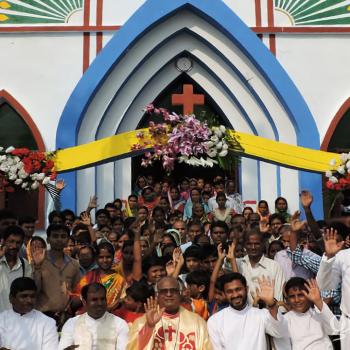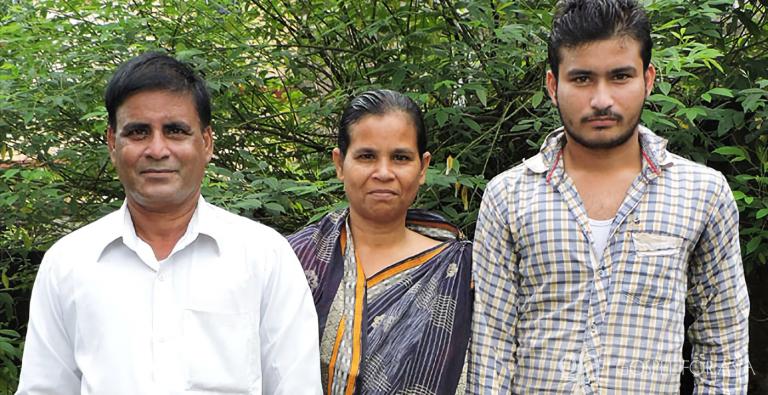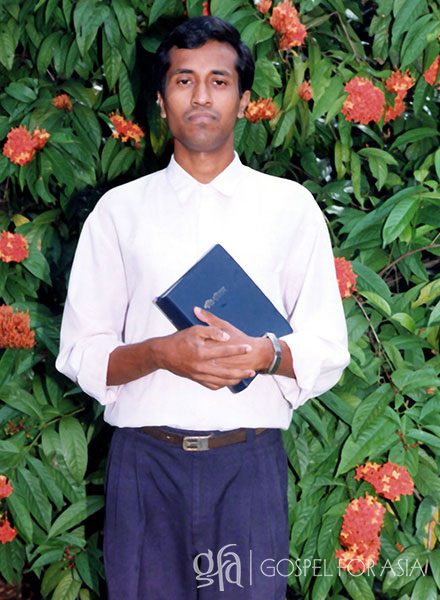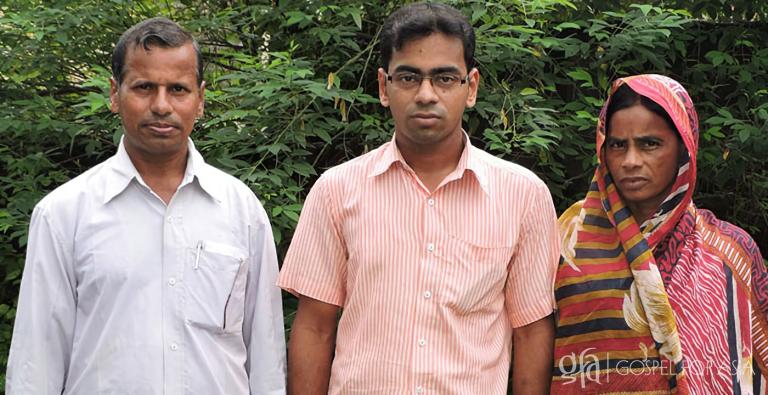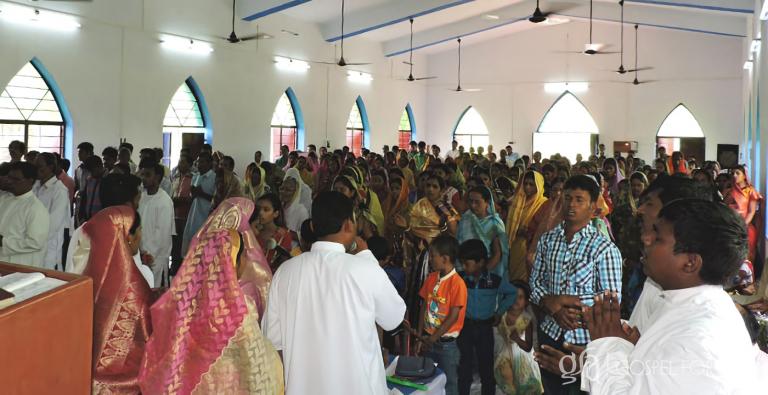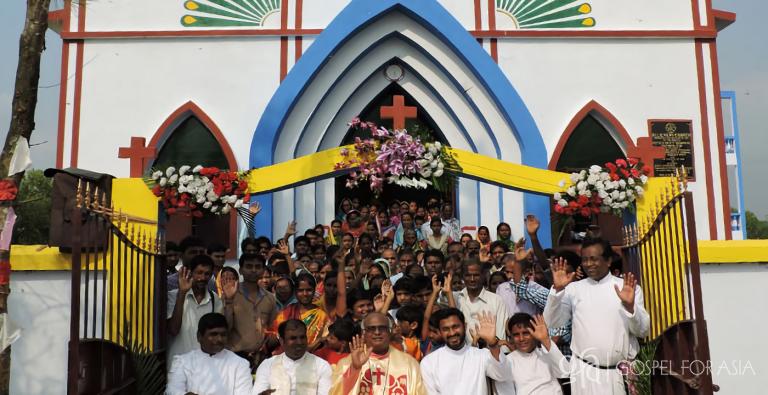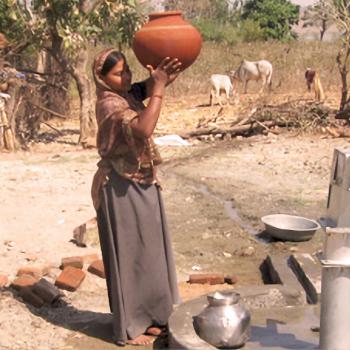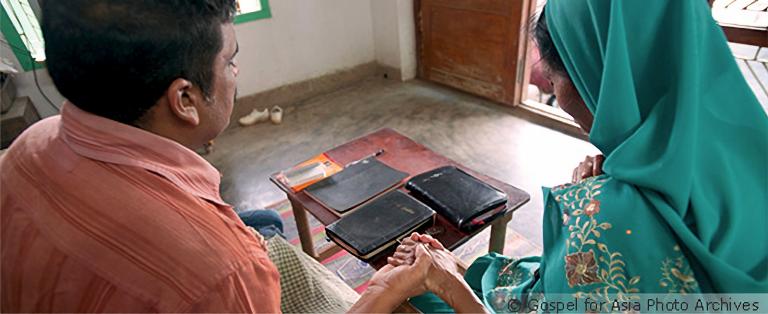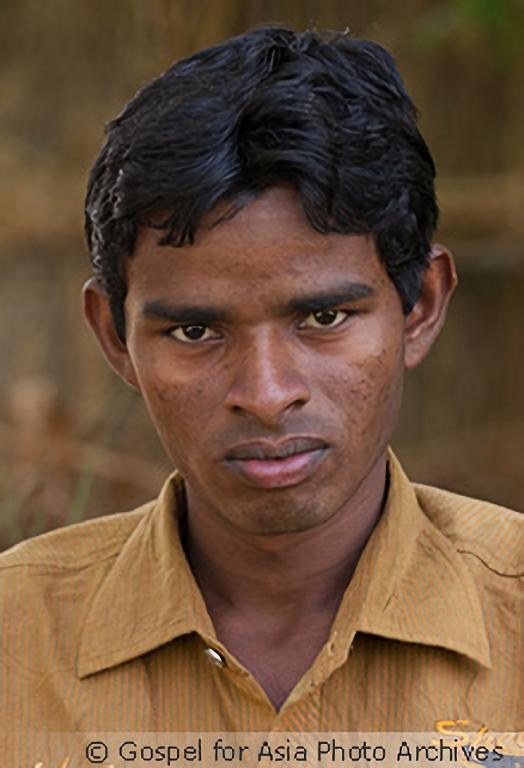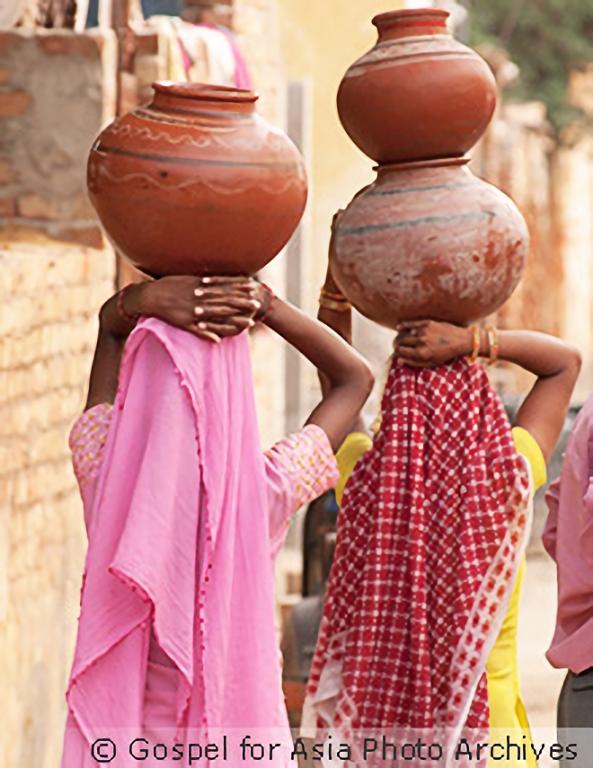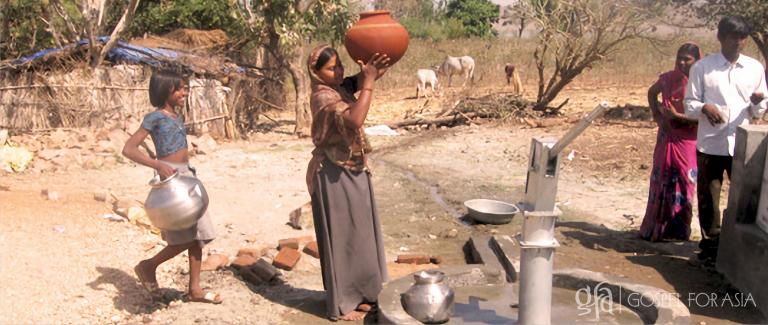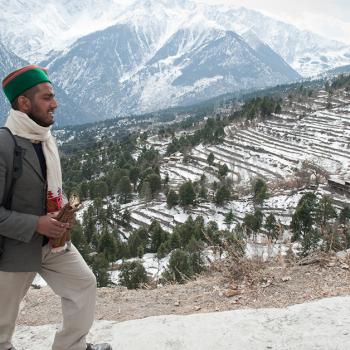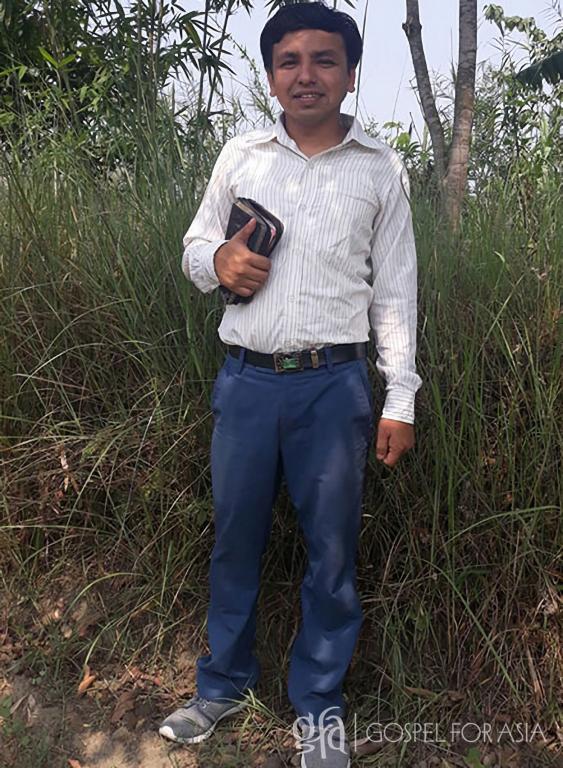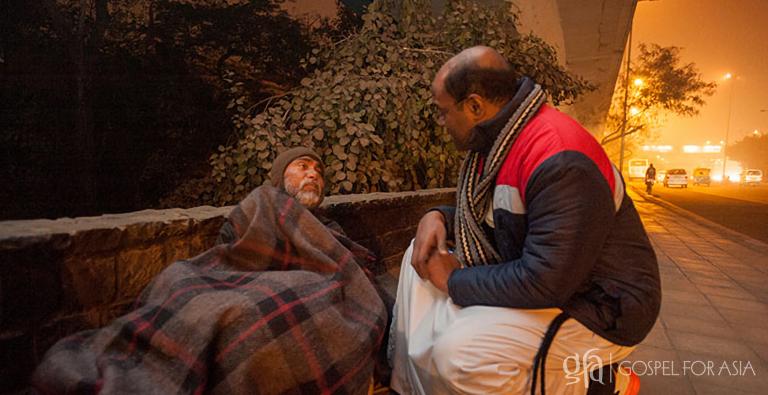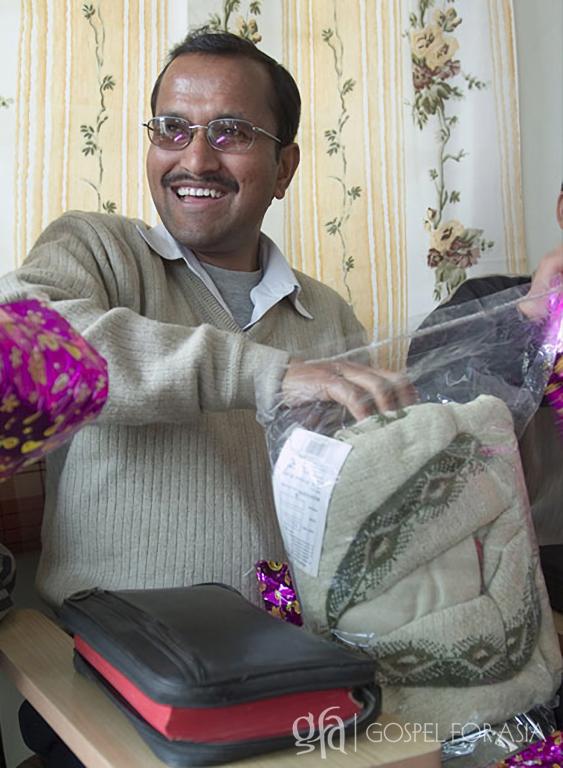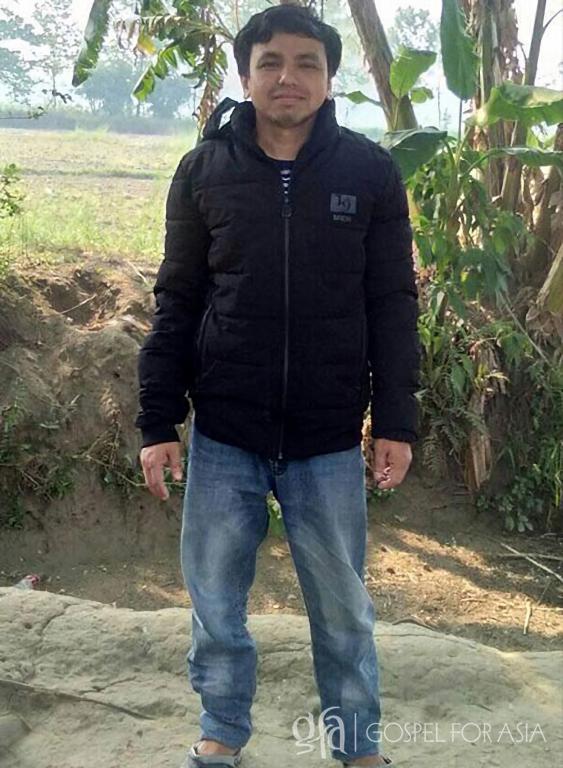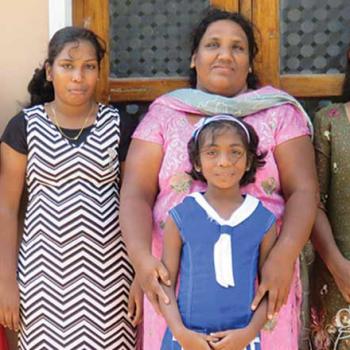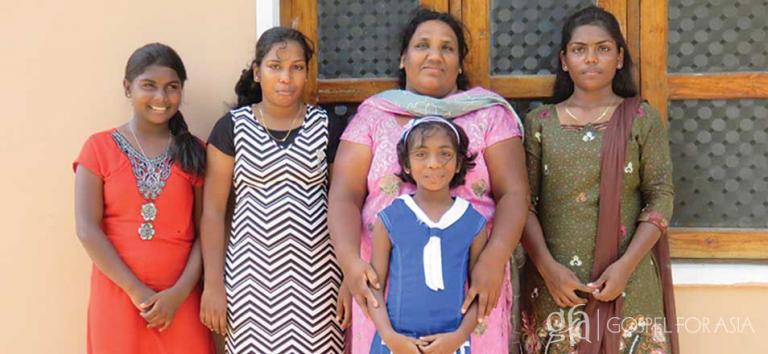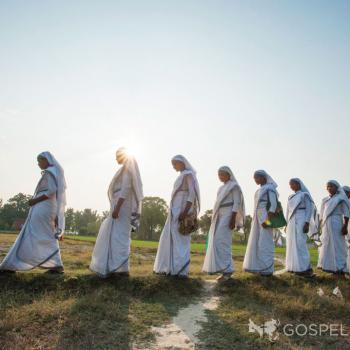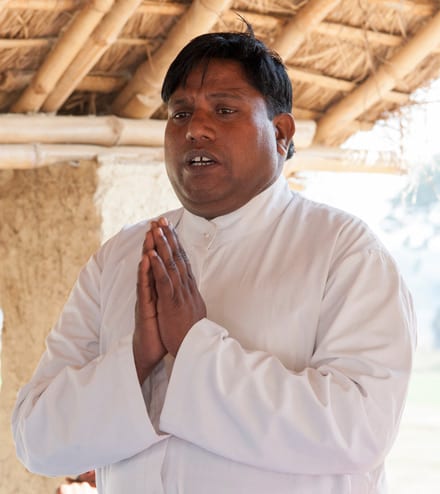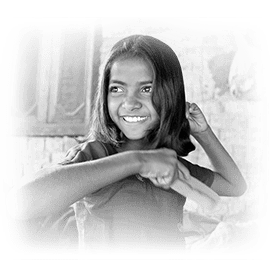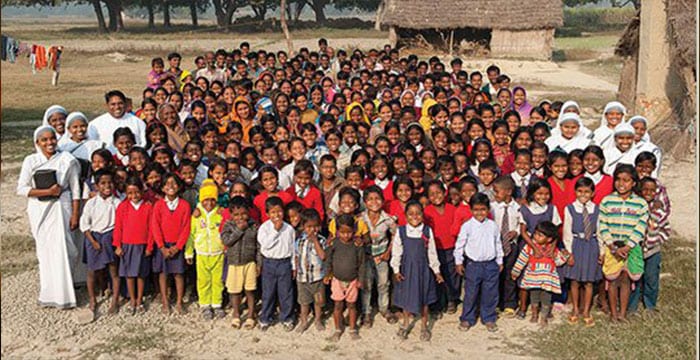WILLS POINT, TX – Gospel for Asia (GFA World) founded by Dr. K.P. Yohannan – Discussing Ranjini, a widow afflicted with leprosy, impoverished and alone, and the Gospel for Asia-supported workers who show God’s love and care even for the shunned and rejected.
“What shall I do?” Ranjini wondered aloud. Ranjini powerlessly watched her hands and feet deteriorating before her eyes. As a widow and a person afflicted with leprosy, Ranjini needed help. But so many people in her society turned a blind eye to widows and leprosy patients, and she was both; who would trouble themselves about her?
Happy Life Gives Way to Grief
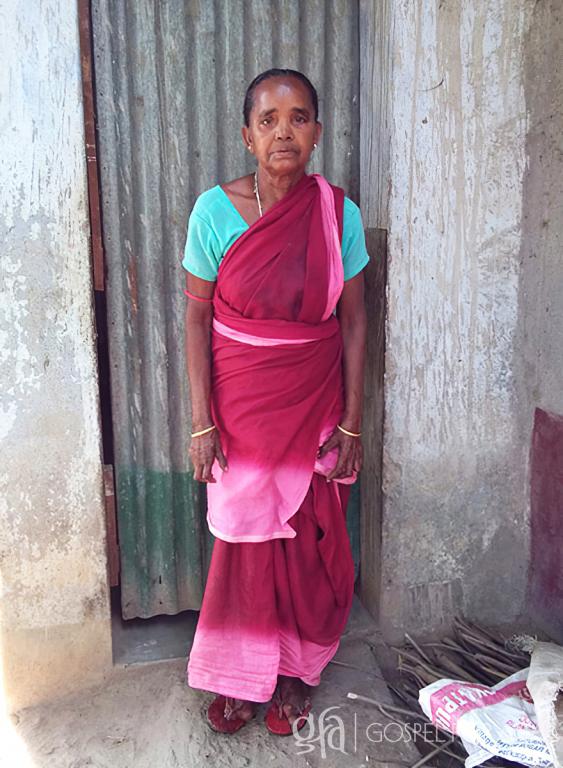
Ranjini had known happy days years earlier when family surrounded her, when she had money to buy sweets and flowers to give to her deities in worship, when her life felt normal. She had smiled at her daughter’s wedding, an event she had anticipated since her girl’s birth. Ranjini felt pleased with the new life her daughter held as a wife, even though it meant the new bride now lived with her in-laws in a distant place.
But despite the once happy life, tragedy crept in when she contracted leprosy and, later, when her husband died. With her daughter married and gone, Ranjini lived alone and impoverished.
For centuries, leprosy patients have suffered extreme ostracism in addition to the devastating physical effects of their disease. Annually, around 200,000 people, young and old, discover they’ve contracted leprosy (also known as Hansen’s disease) , and many are subsequently abandoned by their families and by society.
For many, the diagnosis steals their identity. Instead of being seen as valuable human beings in need of help and support, they are seen as a threat to public health, as cursed. Even today, abandonment of people with leprosy is socially acceptable in many cultures, and in some nations, it is even allowable through legislation.
Ranjini spent her days humbly asking for alms from passersby, hoping to receive enough to get by each day. At the same time, leprosy slowly crept throughout her body and caused irreparable damage to her hands and feet. How much longer could she survive on her own? Ranjini couldn’t ask her daughter to leave her in-laws and husband to care for her, but she knew no one else to turn to—until she talked with a neighbor friend and voiced her desperate question once more.
Learning Someone Cares
Ranjini bemoaned her situation to her neighbor, Joti, one day.
“I have no one to look after me. I cannot call my daughter to live here with me,” Ranjini said. “My wound is also growing every day. What shall I do?”
The answer she received changed the course of Ranjini’s life.
Joti loved Jesus and worshiped Him at a church led by Gospel for Asia (GFA)-supported pastor Daha. She knew Pastor Daha had a special place in his heart for people suffering with leprosy—a rare attitude in a society where leprosy patients are commonly shunned. Joti told Ranjini that if she would go see Pastor Daha, he would gladly attend to her wounds, and what’s more, he would do it free of charge.
Ranjini’s world changed that day. Someone cared about her needs as a leprosy sufferer and had dedicated his life to helping her and other patients! Ranjini had to meet him.
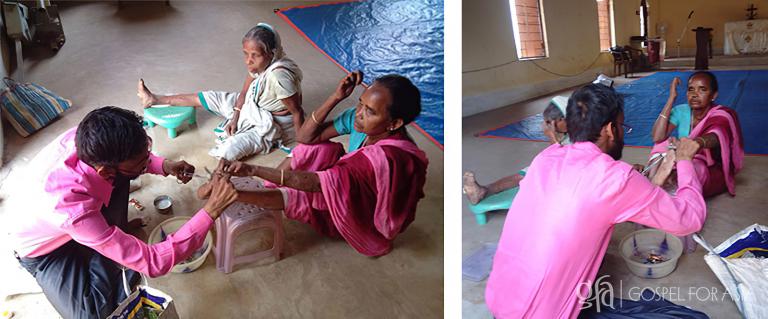
Kindness Points to Loving Savior
Soon, Ranjini accompanied Joti to the church and met Pastor Daha. He welcomed her with genuine love. He applied medicine to her wounds and wrapped protective bandages around them, all while treating her as someone he—and God—valued. Pastor Daha shared things that amazed Ranjini. He told her God had sent him there to care for her, and that God loved her and wanted to be part of her life.
After living as an outcast for so long, this amazing news and demonstration of kindness came as a welcome surprise. Touched by her reception at the church, Ranjini began attending worship services the following Sunday and learning more about Jesus.
Over the following weeks, Ranjini “tasted and saw” that the Lord is good and that He blesses those who trust in Him. As she learned more about Christ, Ranjini understood the true depth of her need for Him, not just as a provider of aid in her time of need but also as her Savior and Redeemer. Three months after her first visit to Pastor Daha’s church, Ranjini opened her heart to Jesus.
Ranjini doesn’t live alone anymore—Jesus is at home in her heart—and she doesn’t need to worry about her future. She knows her Maker sees her and knows her needs, and she knows His children do too.
Make the Neglected a Personal Priority
Thankfully, men and women across the globe—like Pastor Daha—are championing the cause of people with leprosy. Many Gospel for Asia (GFA)-supported workers focus on serving neglected leprosy patients by helping them in simple yet significant ways. They cook meals, clean homes, help with personal hygiene, comfort lonely hearts and treat wounds, all in the name of Christ. By showing patients the respect and care they deserve, these workers are bringing Christ’s love to thousands.
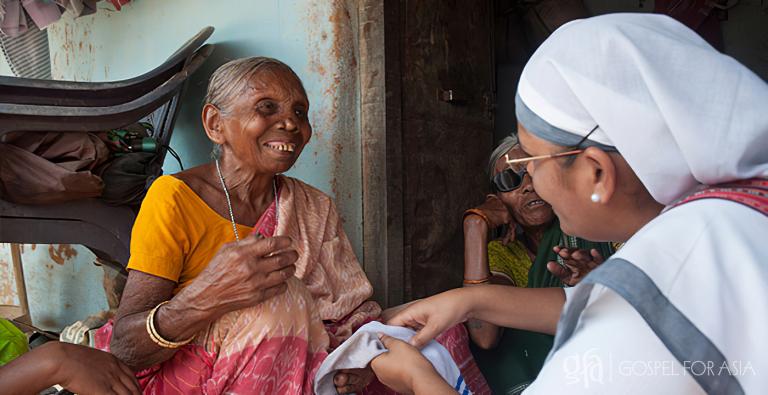
Today, you can help give vital care to leprosy patients by supporting the work of Gospel for Asia-supported leprosy ministry. Your donation will send hope and practical help to men and women like Ranjini, many of whom don’t yet know anyone cares for them.
*Names of people and places may have been changed for privacy and security reasons. Images are Gospel for Asia stock photos used for representation purposes and are not the actual person/location, unless otherwise noted.
Source: Gospel for Asia Featured Article, Gospel for Asia Provides Someone Who Cares
Learn more about the GFA-supported leprosy ministry, or the Reaching Friends Ministry, helping remind people affected by leprosy that, despite the stigma of leprosy, they have dignity and are valued by God.
Read the GFA special report update on the leprosy problem where global leprosy-elimination leaders are making exciting advances both medically and socially that are worth noting: Progress in the Fight Against Leprosy: Leprosy Prevention is Key to Elimination
Click here, to read more blogs on Patheos from Gospel for Asia.
Learn more about Gospel for Asia: Facebook | YouTube | Instagram | LinkedIn | SourceWatch | Integrity | Lawsuit Update | 5 Distinctives | 6 Remarkable Facts | 10 Milestones | Media Room | Poverty Alleviation | Endorsements | 40th Anniversary | Lawsuit Response |
Notable News about Gospel for Asia: FoxNews, ChristianPost, NYPost, MissionsBox


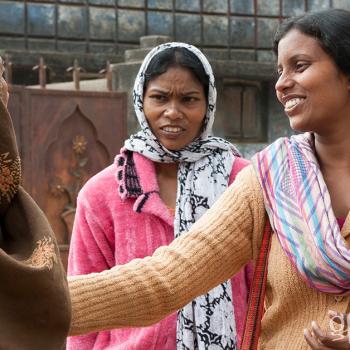

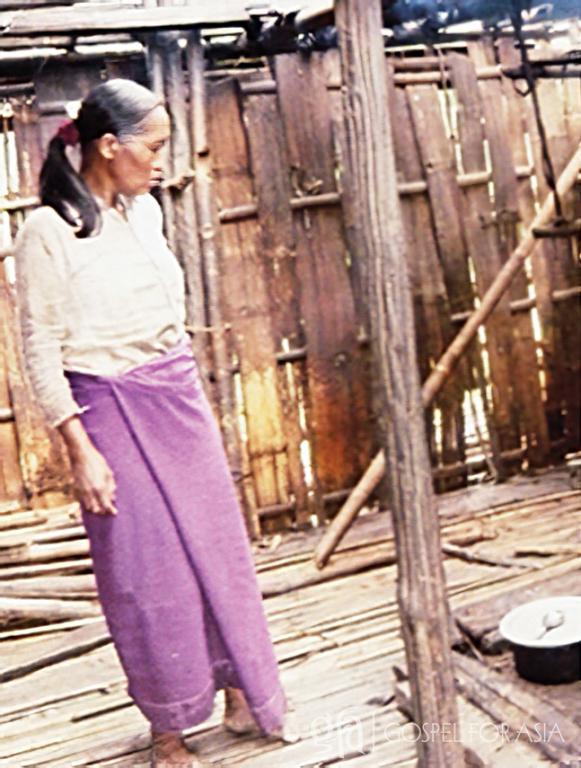
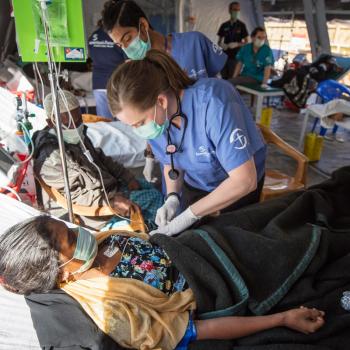
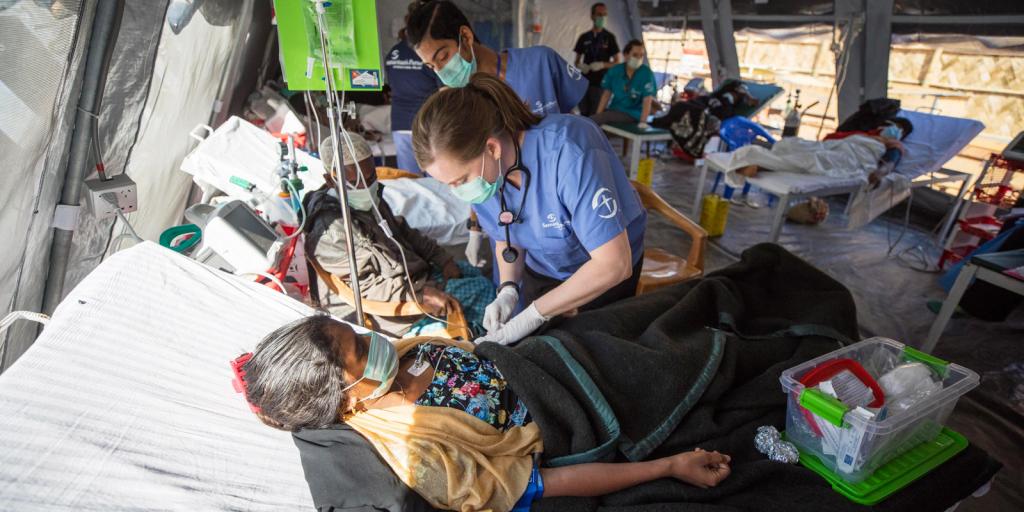
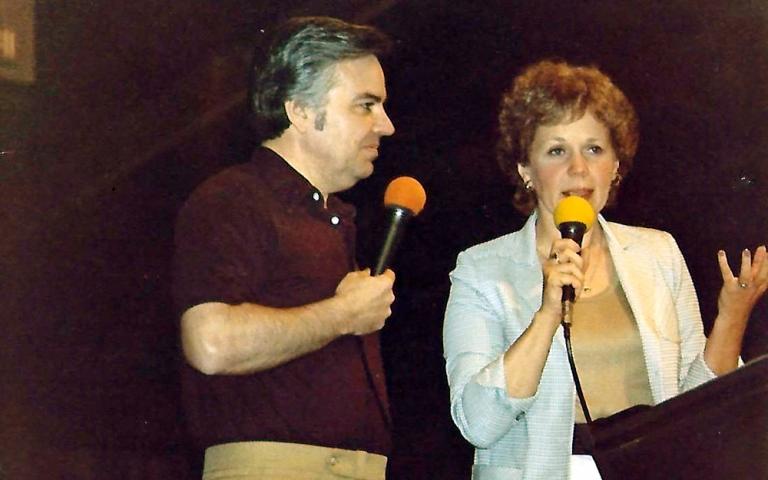
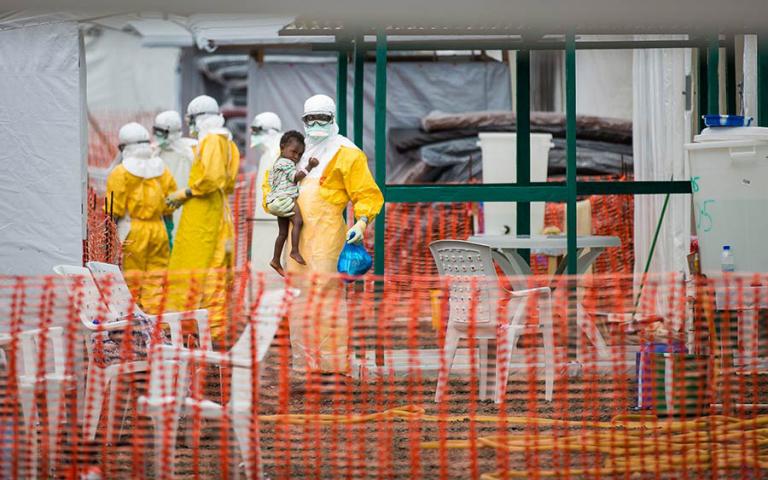
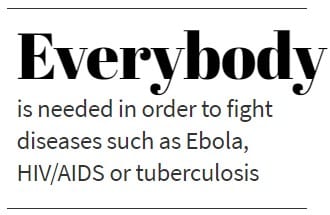
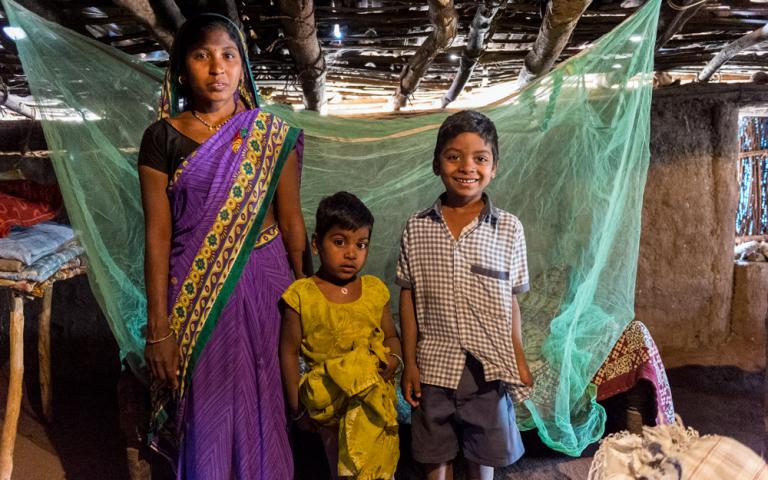
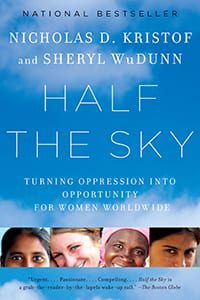
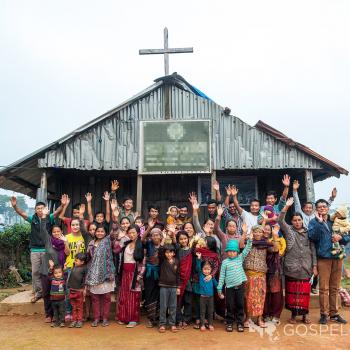
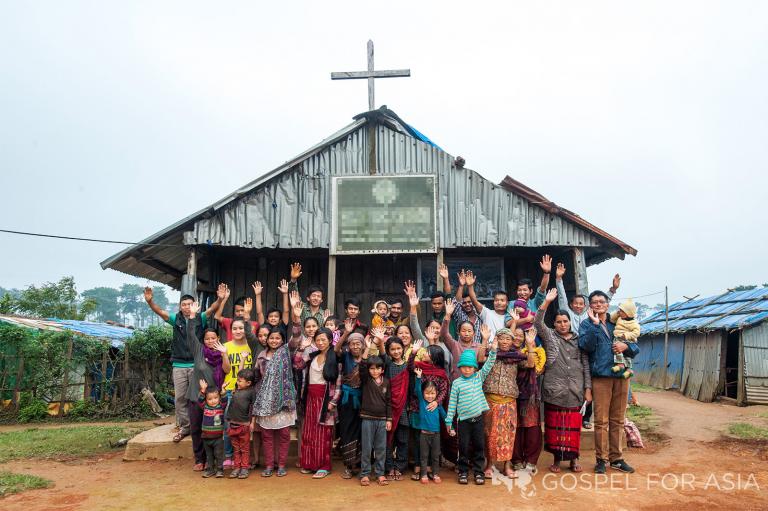
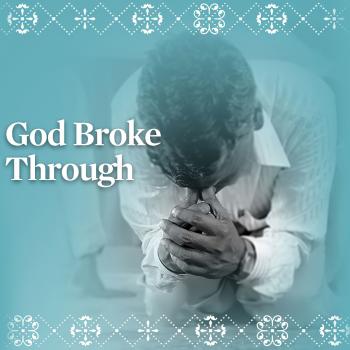
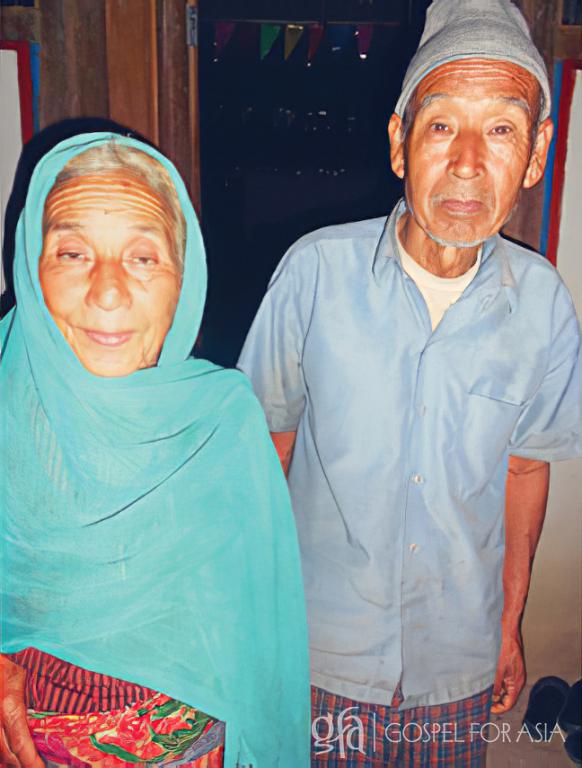 Jai grew up in a family that followed the traditional religion of his village. He hated that his wife, daughter and son had become Christians. He tried to prevent them from attending church services by sending them out on various tasks so they would be late to worship. He even invited religious leaders to reacquaint his family with their old religion. Yet none of this availed to turn their hearts away from Jesus.
Jai grew up in a family that followed the traditional religion of his village. He hated that his wife, daughter and son had become Christians. He tried to prevent them from attending church services by sending them out on various tasks so they would be late to worship. He even invited religious leaders to reacquaint his family with their old religion. Yet none of this availed to turn their hearts away from Jesus.